The international community should focus on breaking the vicious cycle of war, the growing migration flows, the ever-increasing threat of terrorism and environmental challenges, otherwise an insoluble situation will emerge, Hungarian Minister of Foreign Affairs and Trade Peter Szijjarto said in New York on Tuesday.
At the open debate of the UN Security Council (UNSC), FM Szijjarto praised the UAE for convening the meeting and for strengthening the global pro-peace majority and supporting the maintenance of channels for dialogue. Although this is a regional war in Ukraine, the armed conflict has global repercussions and the risk of escalation increases with each passing day, and the longer the fighting goes on, the more people die, he stressed in his speech. He pointed out that the escalation of the war first affects neighboring countries, adding that Hungary is affected particularly heavily as Hungarians are dying in the clashes.
And we do not want more people to die in this war. The aim of the international community should be to save human lives. And the only way to do that is peace.
he said. Therefore, Hungary calls for an immediate ceasefire, because this will give a chance for peace talks, and then there is hope for a peace agreement, he added.
FM Szijjarto underlined that no war has a real solution on the battlefield, where only the death toll rises, and that the settlement is always reached at the negotiating table. Hungary appreciates the efforts of everyone who are ready to speak out in favor of peace. He said that the rhetoric of war is nevertheless still stronger than the rhetoric of peace, so the global pro-peace majority needs to turn up the volume. He also pointed out that the world was already living in an era of threats and dangers before the outbreak of the war in Ukraine, and that increasing migratory pressures, the ever-greater threat of terrorism and environmental challenges, combined with armed conflict, had created a vicious cycle.
The war has led to a collapse in cereal exports, destabilizing already fragile regions. It can bring about a rise of extremist ideologies, leading to further waves of mass migration
he said,
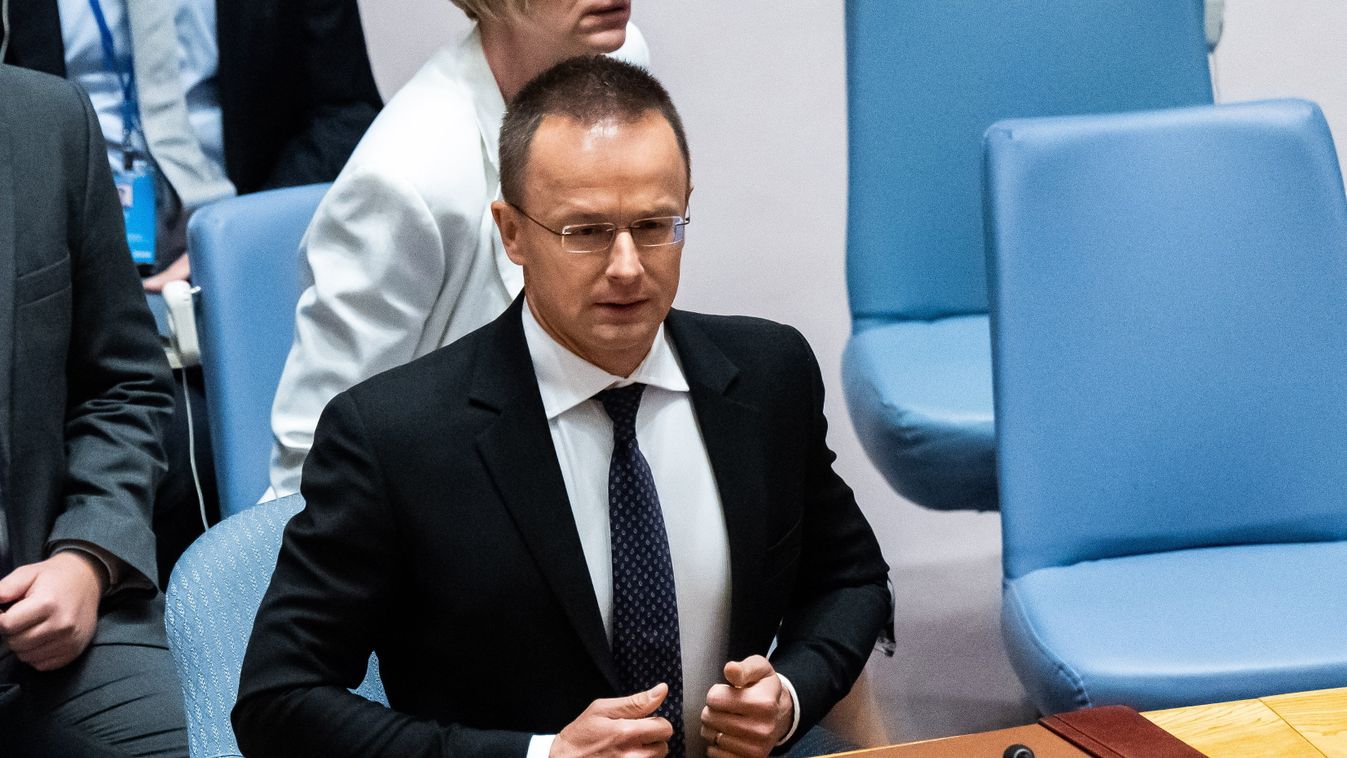

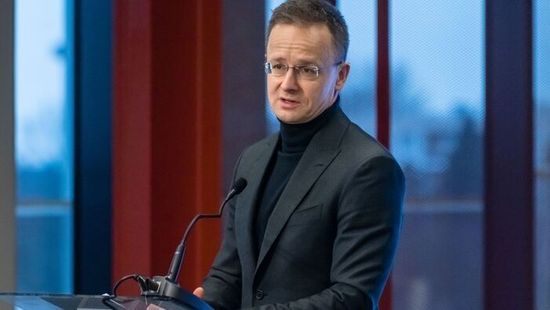

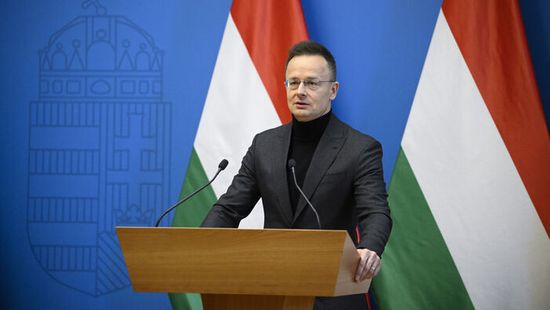

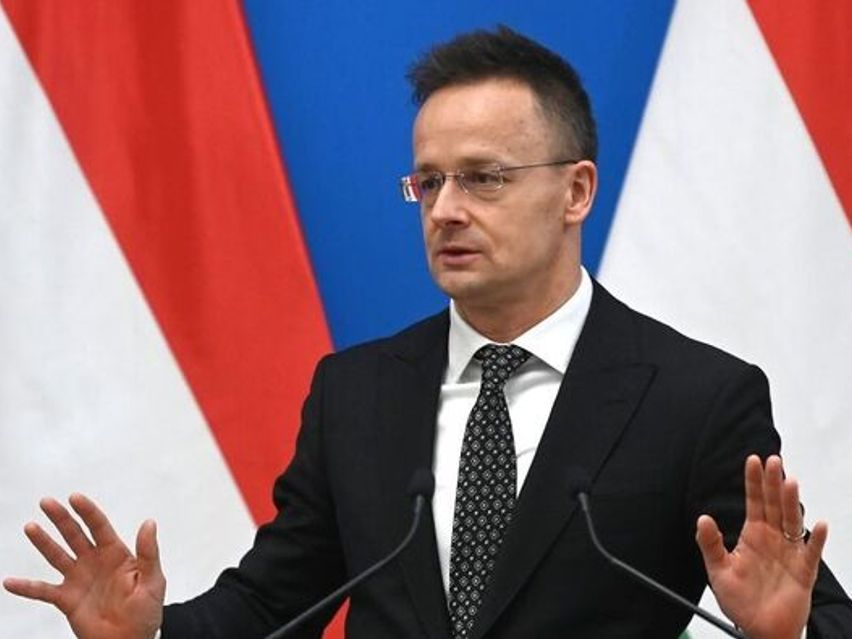
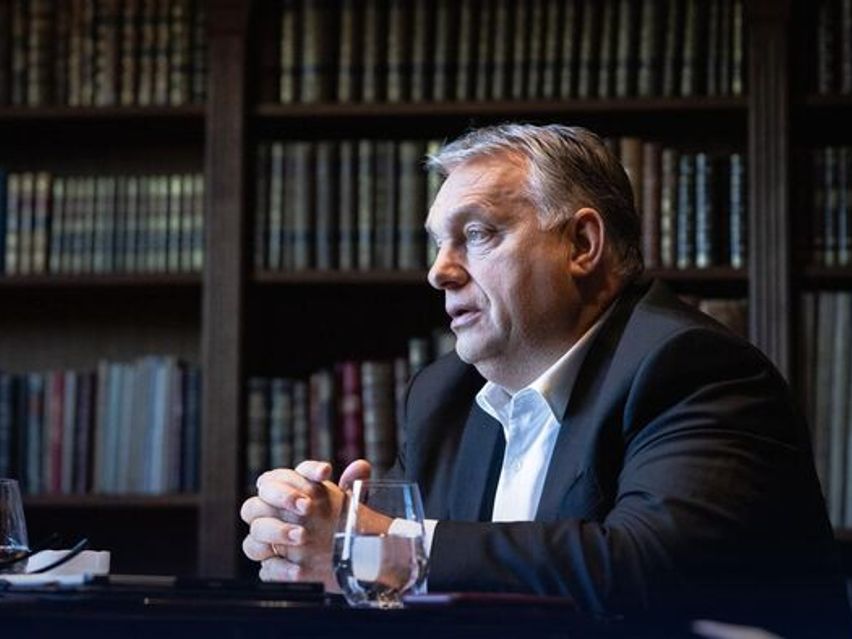









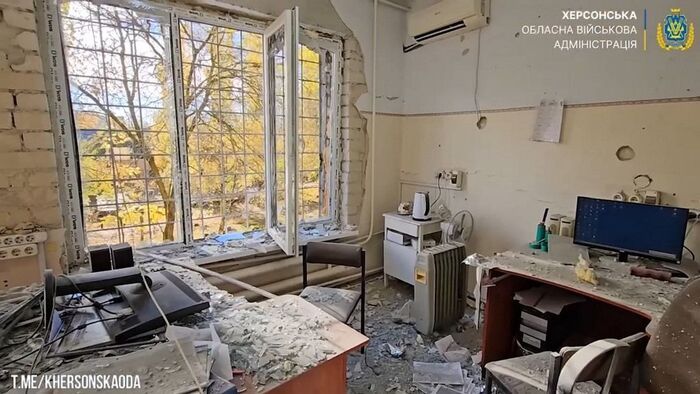





Szóljon hozzá!
Jelenleg csak a hozzászólások egy kis részét látja. Hozzászóláshoz és a további kommentek megtekintéséhez lépjen be, vagy regisztráljon!